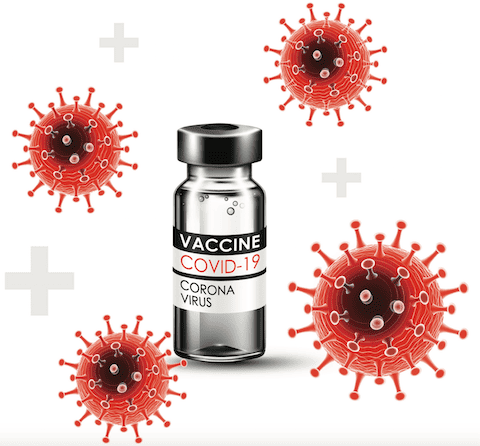
The first real-world evidence about the dangers posed by the Omicron variant have been released by South Africa’s largest private health insurer, Discovery Health, in collaboration with South African Medical Research Council (SAMRC).
Using Discovery Health’s database of 3.7 million people in South Africa, the country where the Omicron variant was first identified, researchers identified more than 200,000 people with positive COVID-19 tests.
Their analysis suggests that two doses of the Pfizer-BioNTech vaccine, Comirnaty, provides 70% protection against hospitalisation but only 33% protection from infection.
However, the risk of hospital admission for adults was 29% lower for Omicron than for the Delta variant, even after adjusting for vaccination status.
The study also found that the risk of reinfection with Omicron is higher and that children have a 20% greater risk of hospitalisation with Omicron compared to Delta.
While this real-world data adds to what we know about the new variant of concern, researchers struck a warning note, insisting that the data was preliminary, and only covered three weeks of the new wave of infections, so should be treated with caution.
The data is also confounded by a number of factors, said the researchers, including the high level of natural immunity in the South African population and the fundamentally different demographics from other countries, especially in Europe and North America.
Discovery Health CEO Dr Ryan Noach said that genetic surveillance in South Africa had identified that the Omicron variant accounts for over 90% of new infections. “The Omicron-driven fourth wave has a significantly steeper trajectory of new infections relative to prior waves. National data shows an exponential increase in both new infections and test positivity rates during the first three weeks of this wave, indicating a highly transmissible variant with rapid community spread of infection.”
Discussing the data with members of the UK parliament, head of South Africa’s Medical Association, Dr Angelique Coetzee pointed out significant differences between her experience of Delta infections and the new wave of Omicron.
Dr Coetzee said: “The breakthrough infections we are seeing are mild… [and] the symptoms we are seeing in [vaccinated] people are less severe or intense than in the unvaccinated.”She later added that she had not seen any cases of COVID-19 pneumonia “and neither have my colleagues”.
In response to the threat from Omicron, England has moved into the so-called Plan B measures that include the wearing of face masks in most public indoor venues, the use of the NHS COVID-19 Pass in some settings and a move to home working where possible.




